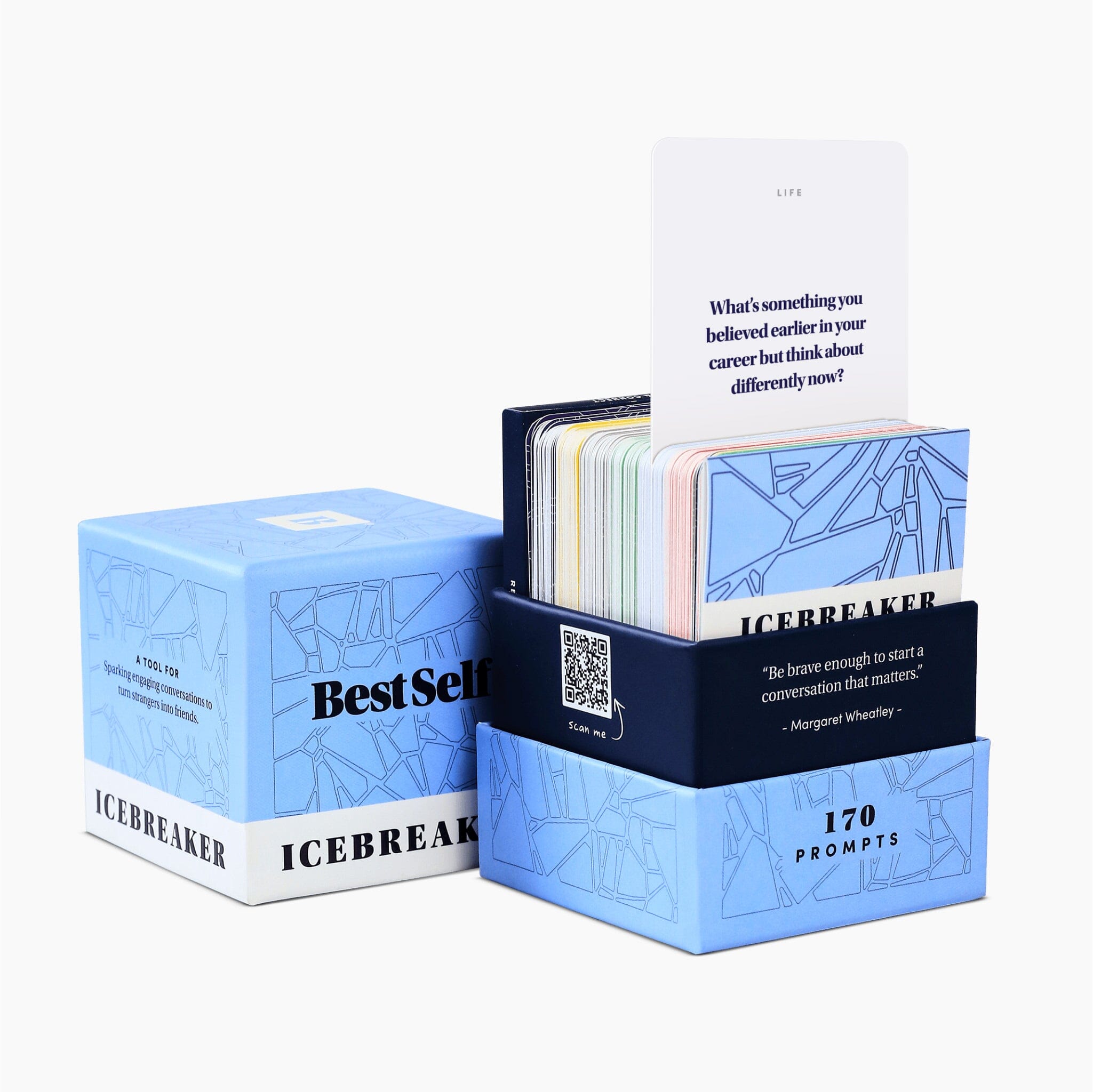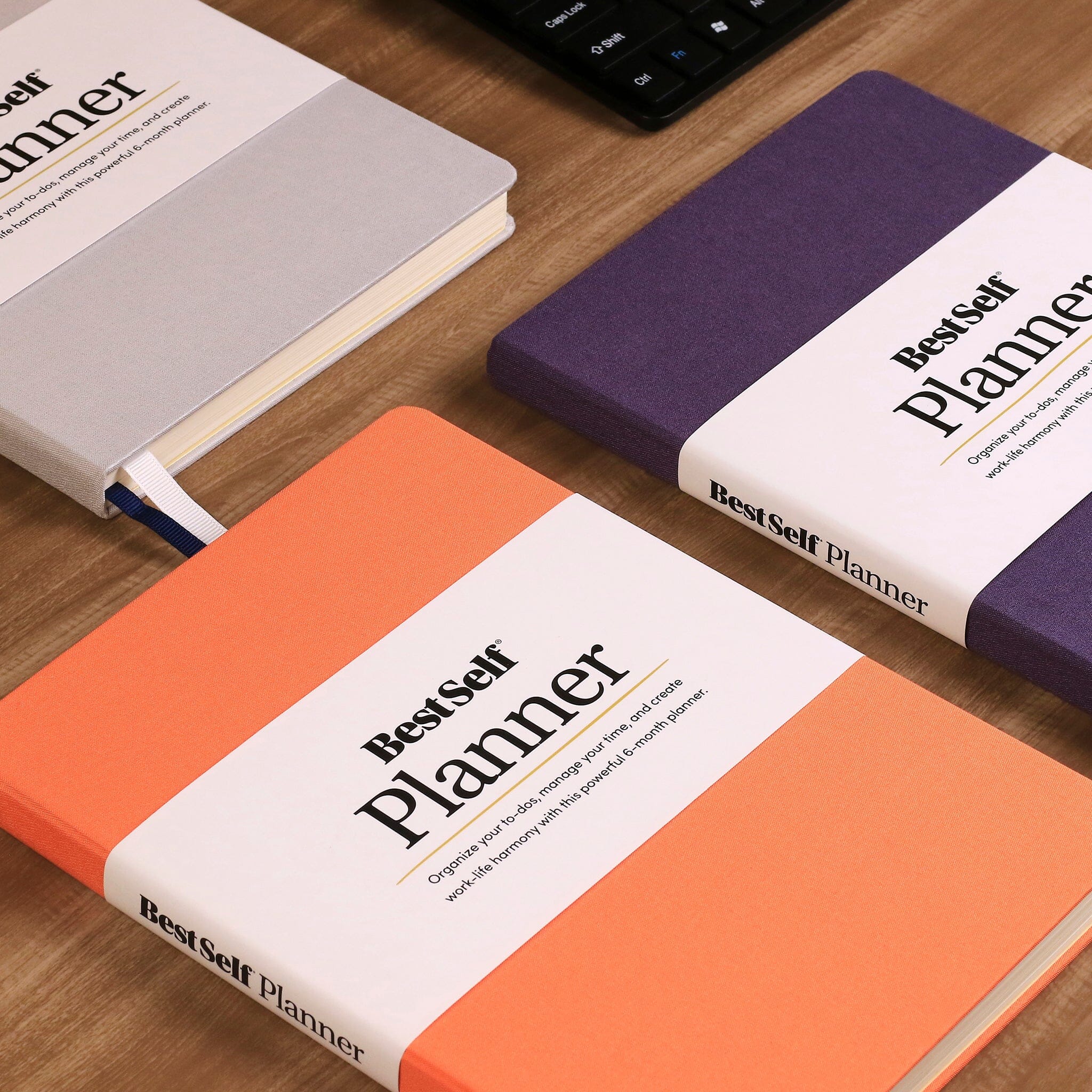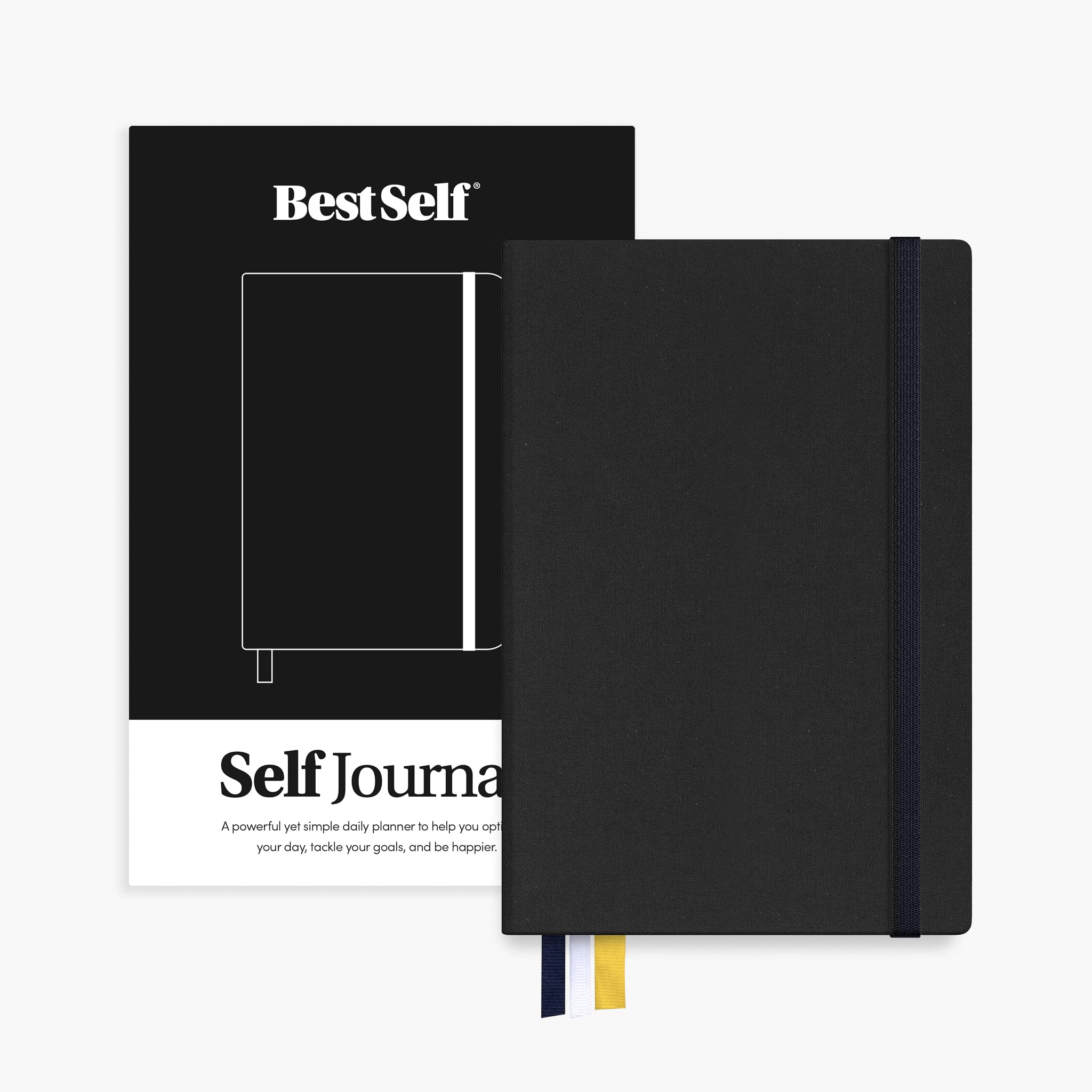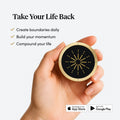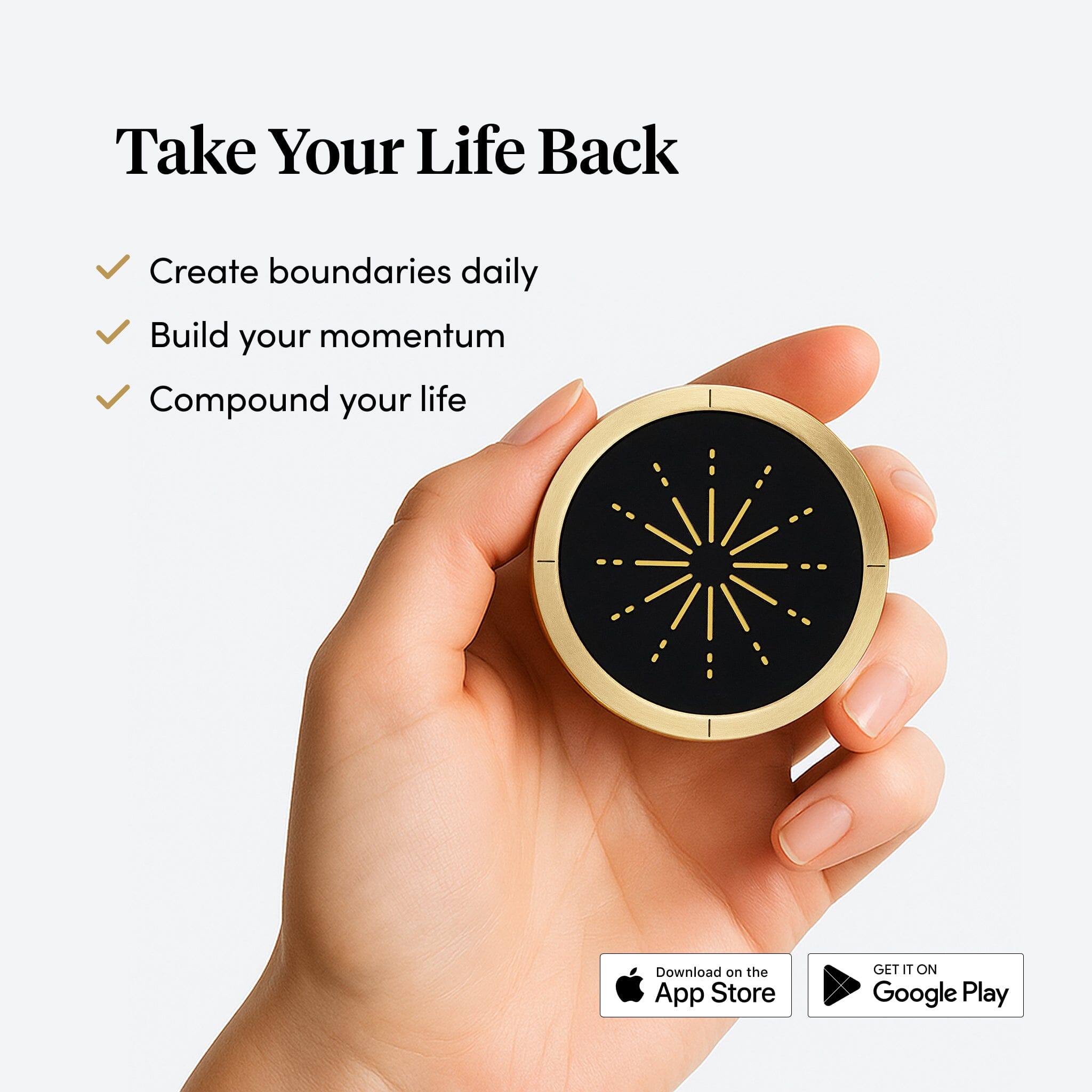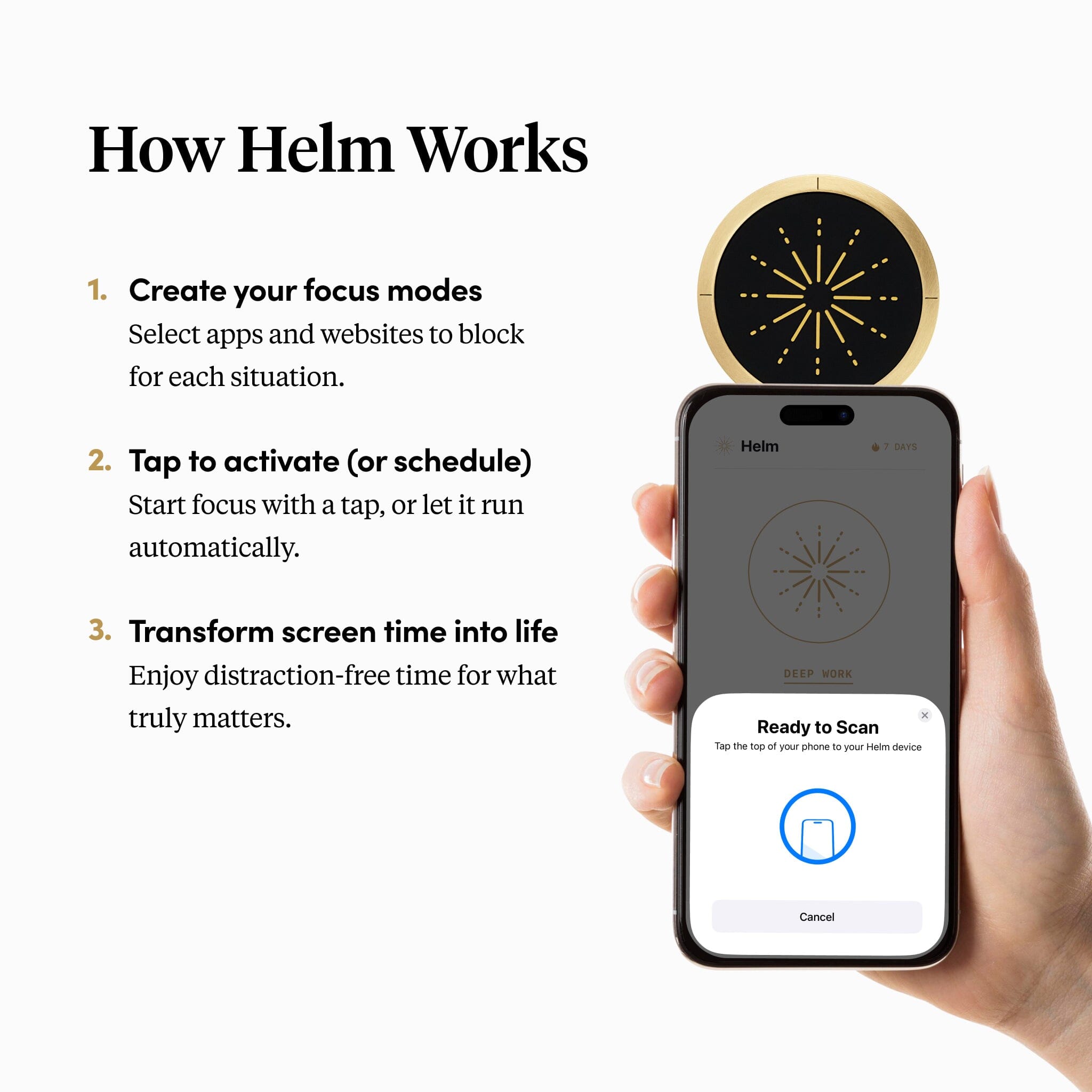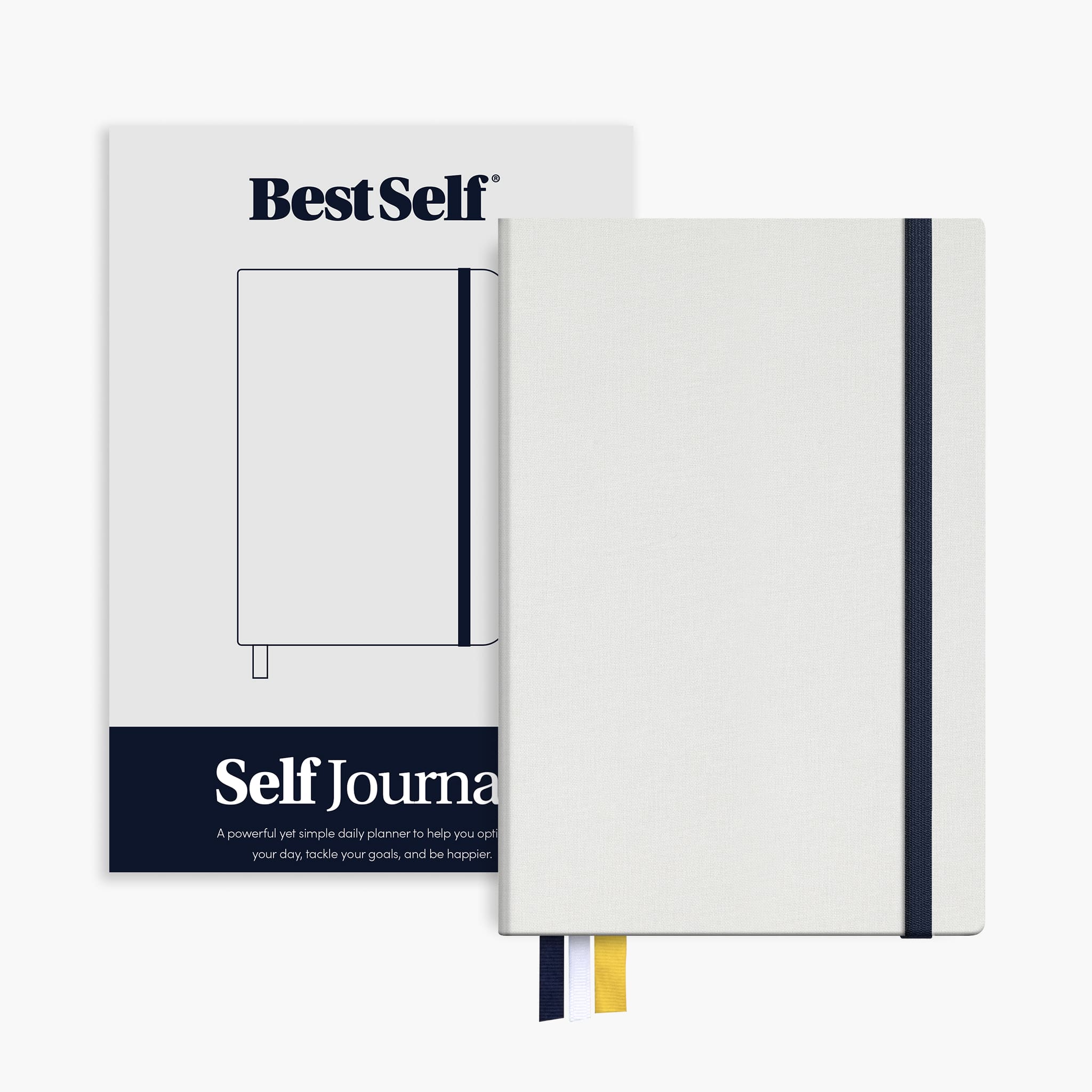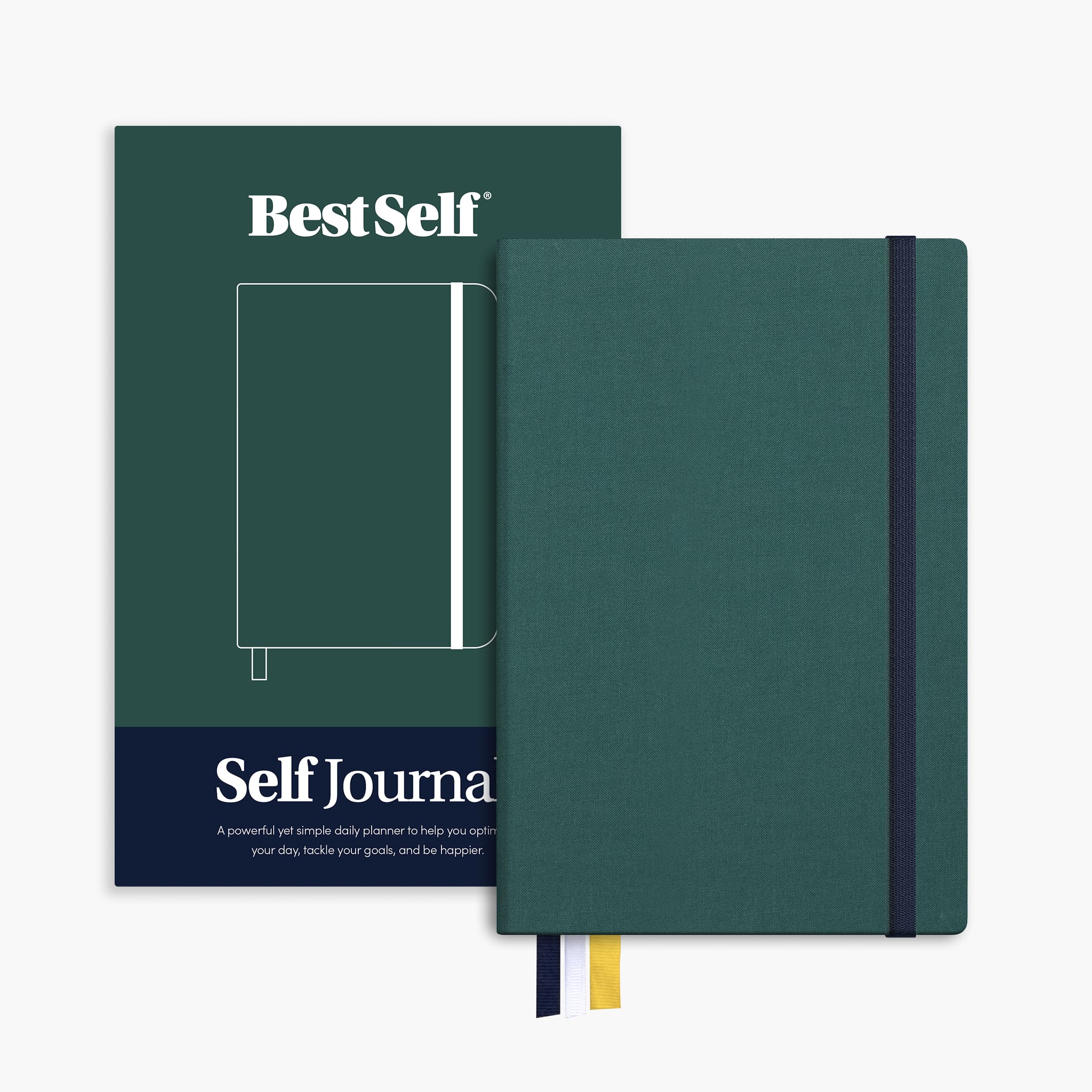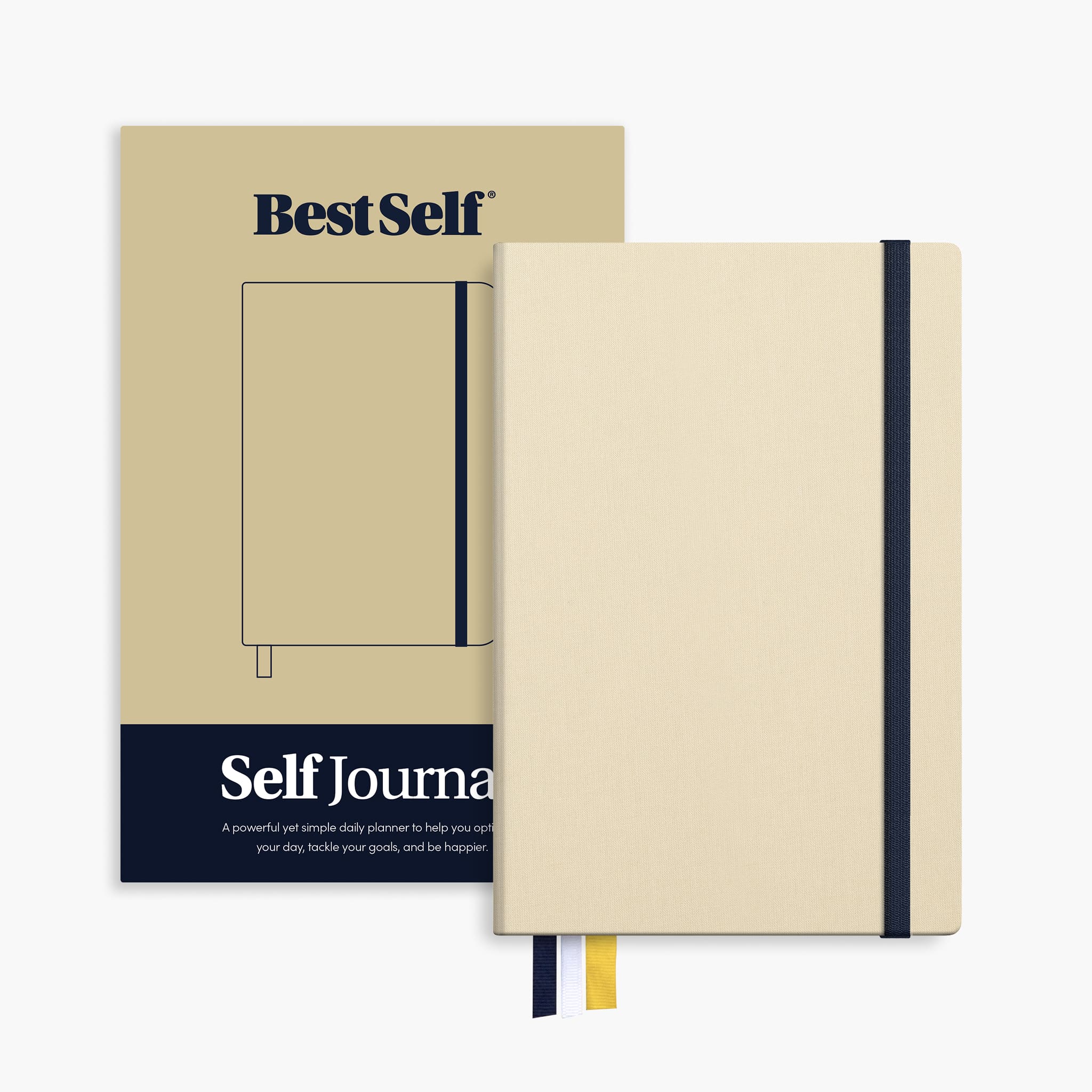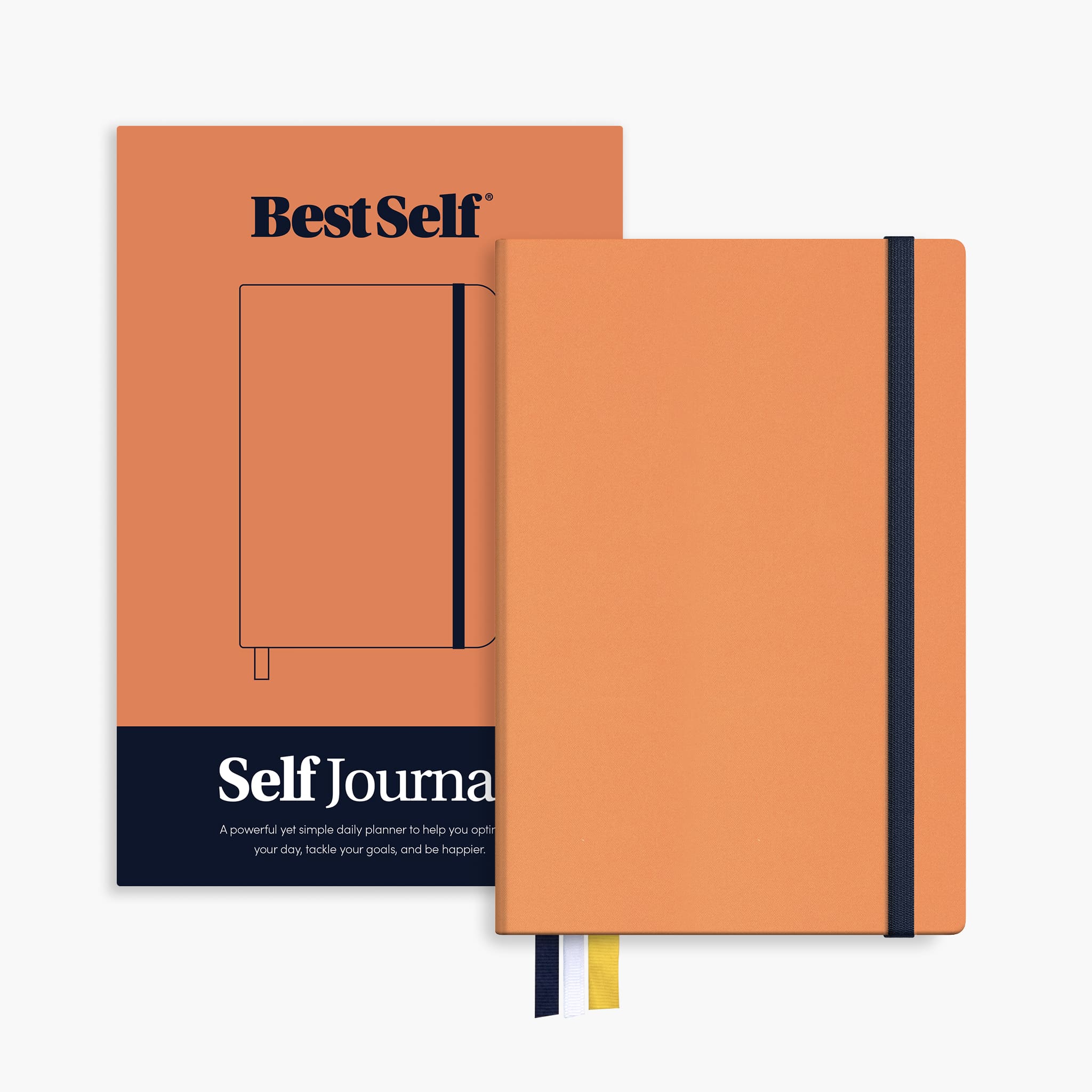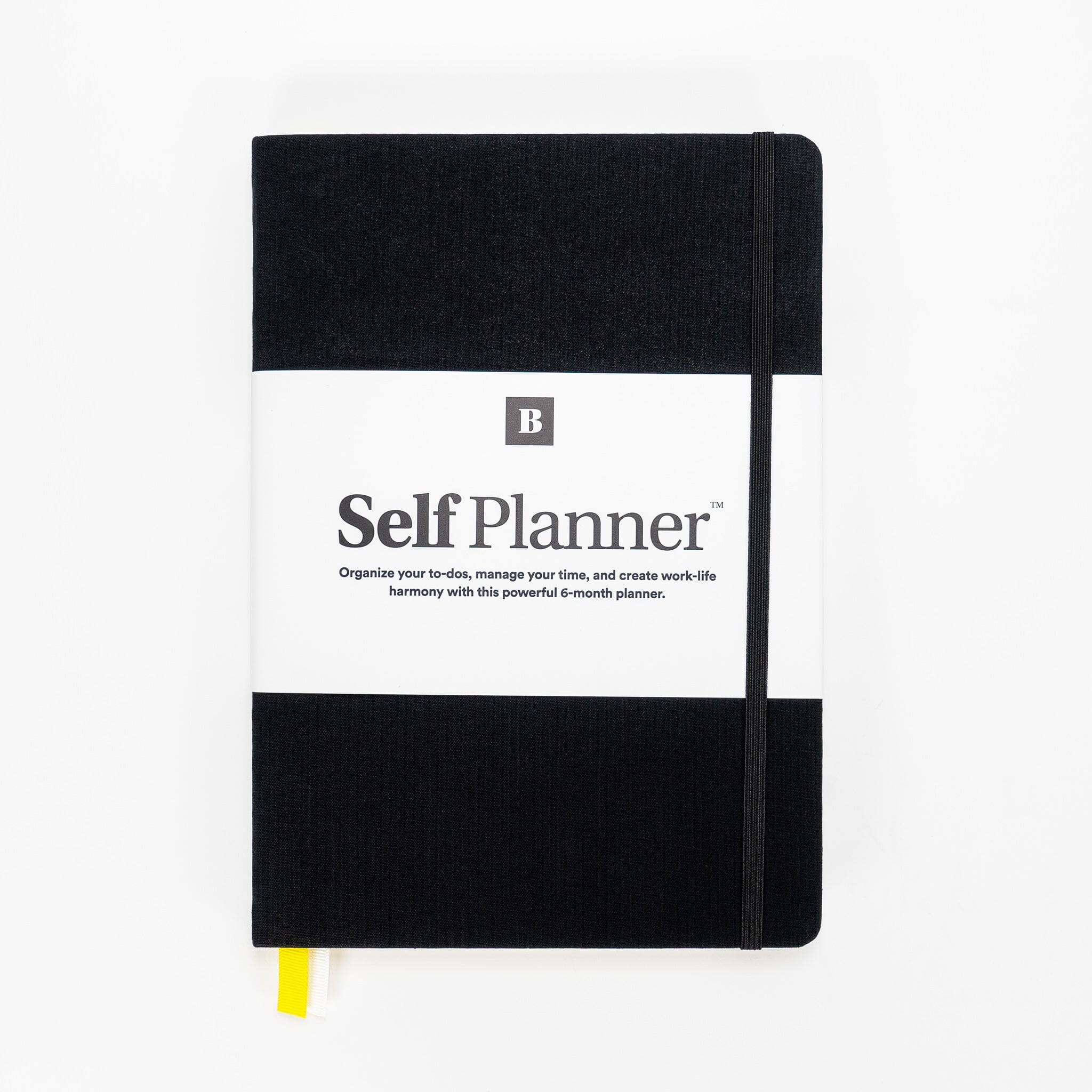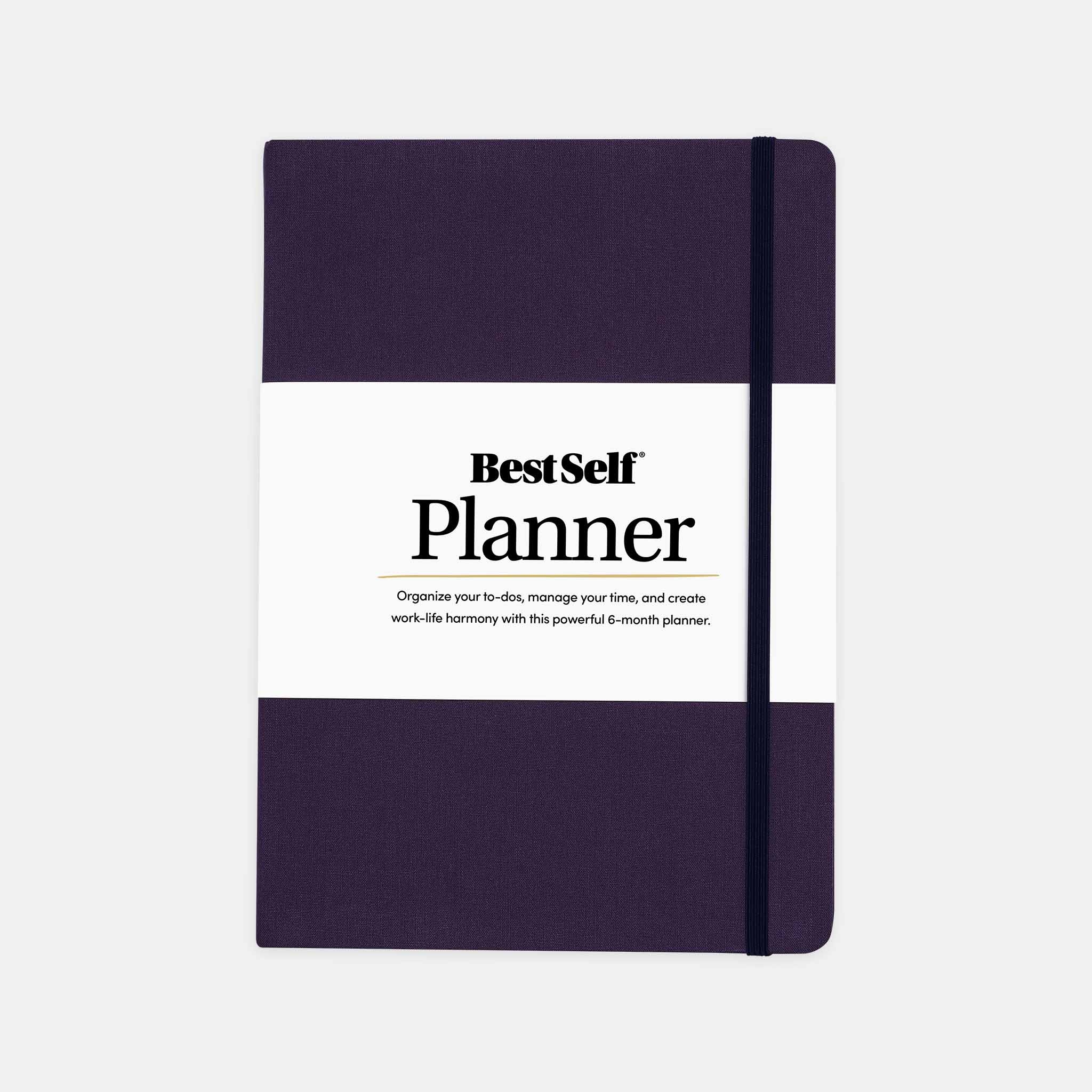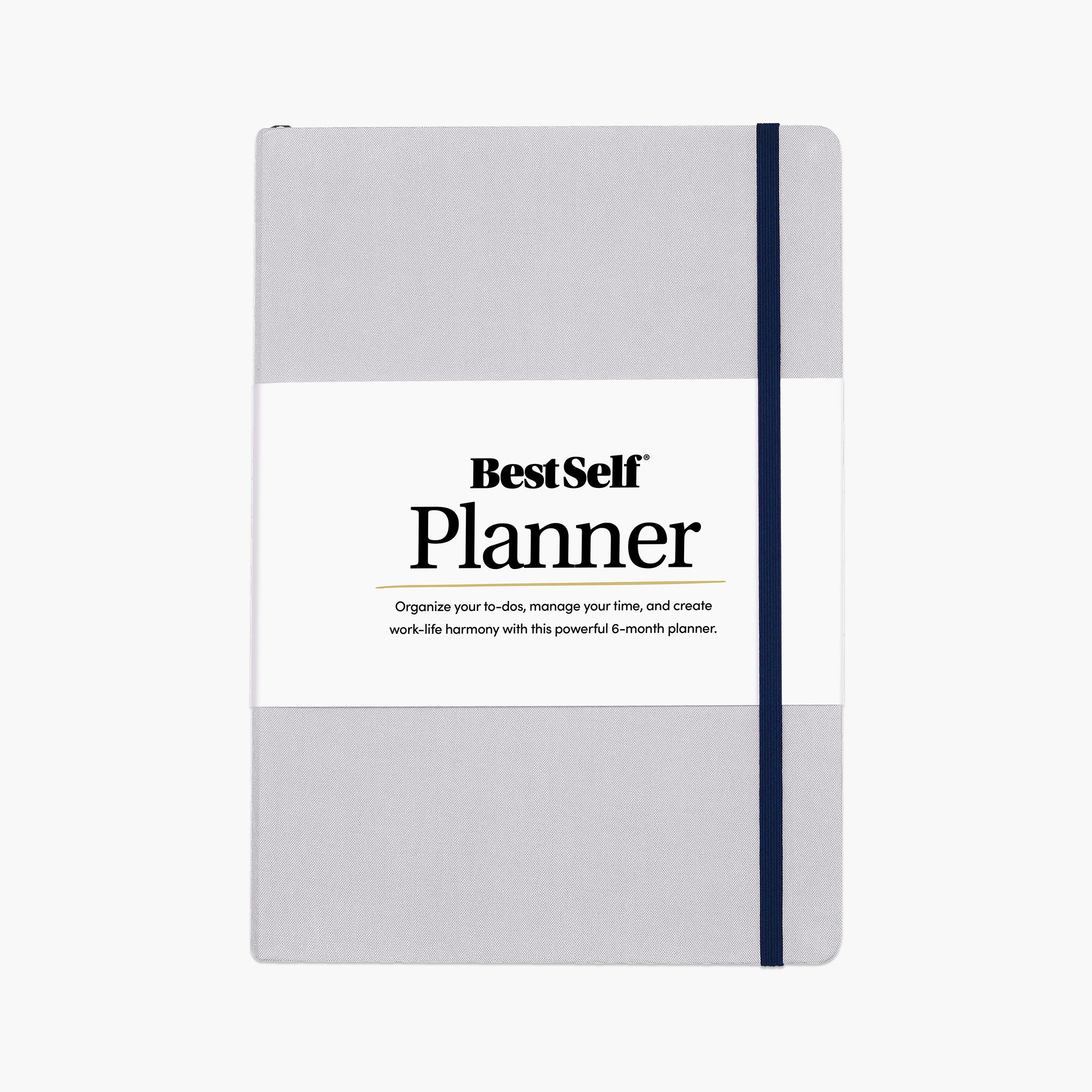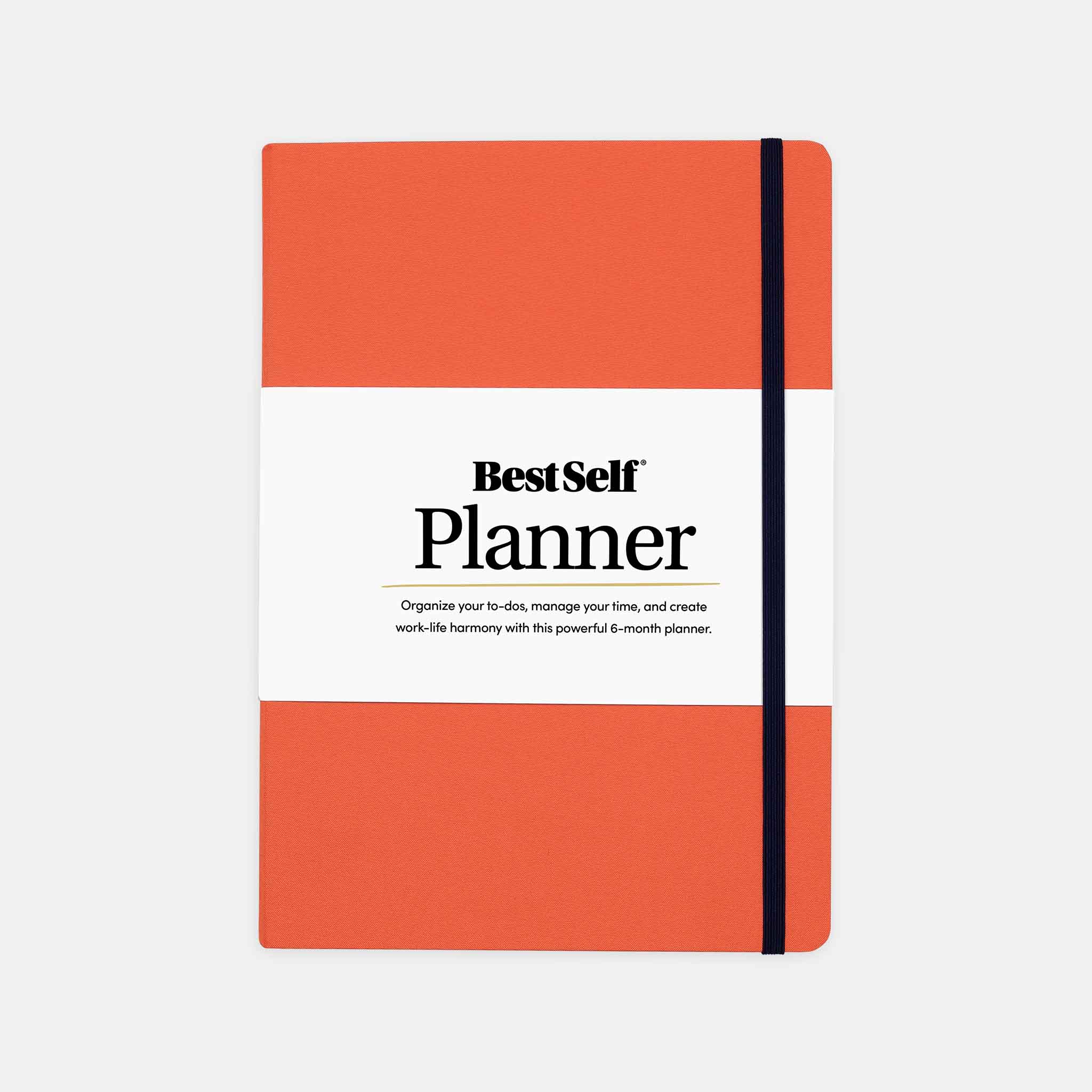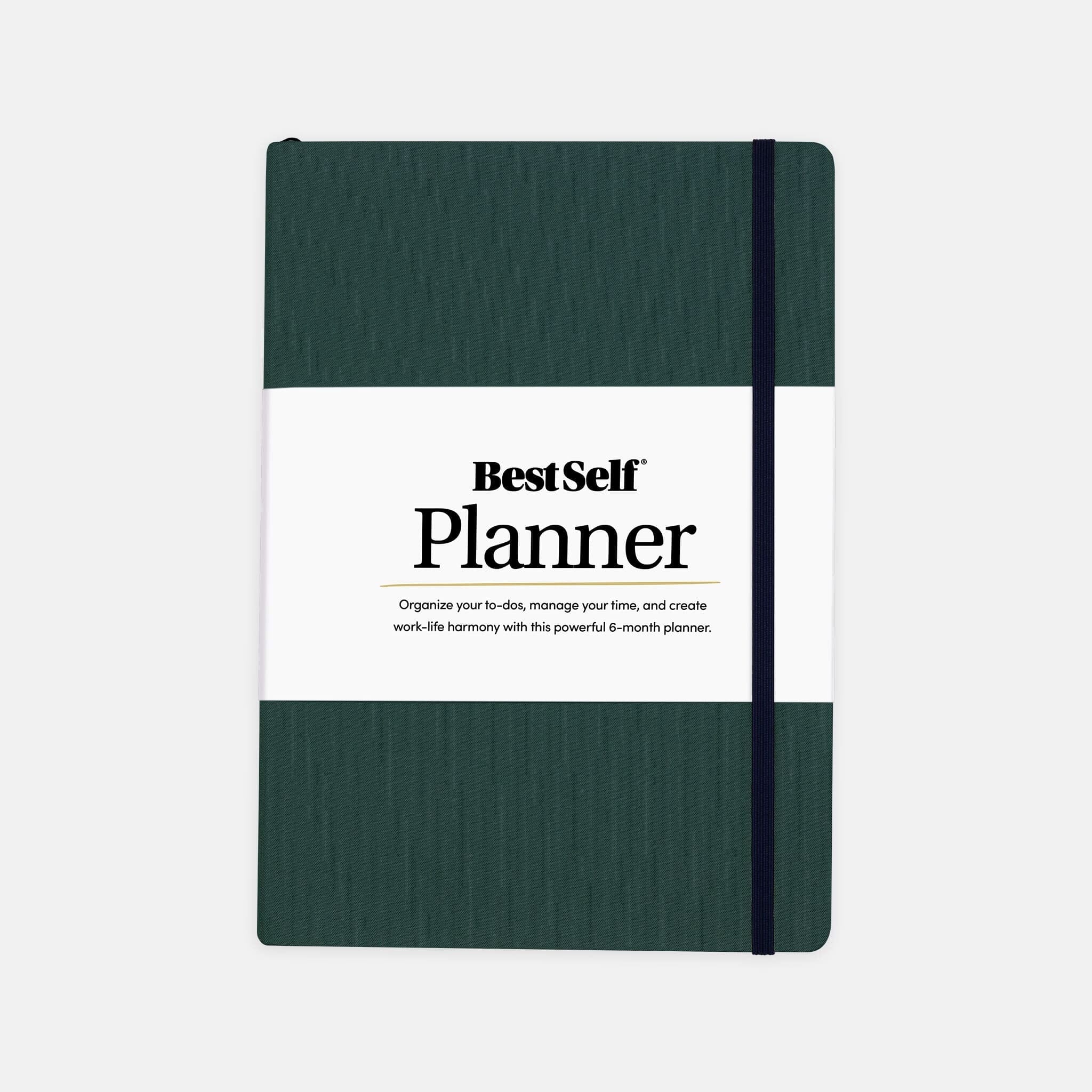Digital distraction isn't just a buzzword; it's a reality many face today. Whether it's the endless scrolling on social media or constant notifications pinging every minute, these interruptions slowly chip away at our focus and productivity. With screens becoming an integral part of daily life, from work to personal time, finding moments of focus without distractions becomes increasingly difficult. This challenge extends beyond just a few lost minutes; entire hours can disappear in the blink of an eye, leaving important tasks unfinished.
The issue doesn't end with just wasted time. The constant pull of digital devices shapes how people interact with the world around them. From changing the way conversations unfold to impacting mental well-being, the ripple effects of digital distractions are significant. Relationships can take a hit as attention is divided, and the strain of juggling online interactions with real-life connections can make stress and anxiety sneak into daily life. Understanding these hidden costs and learning how to combat them is more crucial than ever.
The Hidden Costs of Digital Distraction
While the lure of a quick online check-in seems harmless, the effects on productivity are anything but minor. A brief glance at a phone or a peek into emails can break concentration and lead to inefficient work patterns. Individuals often find themselves playing catch-up, inadvertently extending their work hours. Work projects suffer, and personal goals may slide as the attention shifts away from pressing tasks, causing delays and diminishing the quality of outputs.
The impact on personal connections is equally concerning. Families and friendships thrive on quality time and meaningful interactions. However, when digital devices constantly interrupt, they lead to divided attention and communication breakdowns. A family dinner, once a time for sharing stories, becomes a quieter affair as notifications steal the spotlight. Over time, this distance can create feelings of neglect and frustration, eroding the essence of human bonds.
Mental health is another area where digital distraction leaves its mark. The constant barrage of information and notifications can be overwhelming, leading to stress and deteriorating mental well-being. With every ding and buzz, anxiety can increase as individuals find themselves unable to escape the digital noise.
Recognizing these hidden costs provides a clearer view of the problem. Taking proactive steps, like setting boundaries for device usage and ensuring gadget-free time with loved ones, can be beneficial. Yet, navigating these changes in a technology-driven world isn't simple, making the quest for effective solutions even more compelling.
Expert Insights on the Attention Economy
Experts often shed light on how digital distraction isn't just a personal problem but part of a larger trend called the attention economy. This concept revolves around businesses competing for limited attention, which impacts daily life more than we realize. Once, we were simply consumers of information, but now we're targets in a bid for attention, leading to an overload that distracts us from our main tasks.
Attention economy's pervasive nature comes from the design of digital platforms, which use endless content to keep users engaged. This keeps people stuck in a cycle of checking, responding, and scrolling without realizing the time lost. Psychologists explain that humans naturally seek novelty, which digital devices deliver in spades, making it harder to break free from their grip. Understanding these psychological underpinnings helps illuminate why it's so challenging to maintain focus in a digital world filled with distractions.
Basic Solutions to Combat Digital Distraction
Regaining control starts with small, actionable steps. Here's a straightforward list to help reduce screen time and improve focus:
- Create Device-Free Zones: Designate areas or times of the day where digital devices are not allowed. This can be during meals or in bedrooms, promoting a more peaceful environment.
- Set Specific Time Blocks: Allocate certain times for checking emails and social media rather than allowing interruptions throughout the day. Stick to these blocks to see better productivity.
- Plan Digital Detoxes: Dedicate a day or a few hours each week to disconnect from all screens. Use this time to engage in hobbies or spend quality time with family and friends.
- Limit Notifications: Go through your device settings and turn off non-essential notifications. This simple step keeps interruptions at bay.
Transforming Distraction into Direction with Helm
Introducing Helm, a premium solution designed to redefine focus from distraction to direction. Helm is a sleek desk accessory equipped with NFC technology to establish a boundary between you and digital interruptions. By simply tapping your phone to Helm, it blocks notifications and distracting apps, providing a distraction-free zone.
Helm offers a straightforward way to maintain attention and accomplish more. Unlike subscribing to yet another service, Helm is a one-time purchase worth considering, especially for those seeking an environment that nurtures concentration. Helm's promise to make you more intentional with your focus adds a touch of simplicity to everyday life.
Finding Your Focus
Managing digital distractions begins with acknowledging their hold over us. With insights from experts and practical solutions, the path to a more focused life becomes tangible. As individuals learn to wrest back control over their attention, they also gain time for what truly matters—be it enhancing personal connections or achieving long-delayed goals.
Exploring tools like Helm can provide the extra nudge needed to reclaim your focus. By prioritizing moments of genuine connection and productive work, everyone has the potential to lead a more intentional life.
Struggling to maintain focus amidst constant digital distractions? It's time to take a step forward with a tool that helps in creating a distraction-free environment. Helm is designed to assist individuals in reclaiming their attention and channeling it toward productive activities. Explore how Helm can make a real difference in your daily routine and see how BestSelf Co. supports a more intentional way of living.


